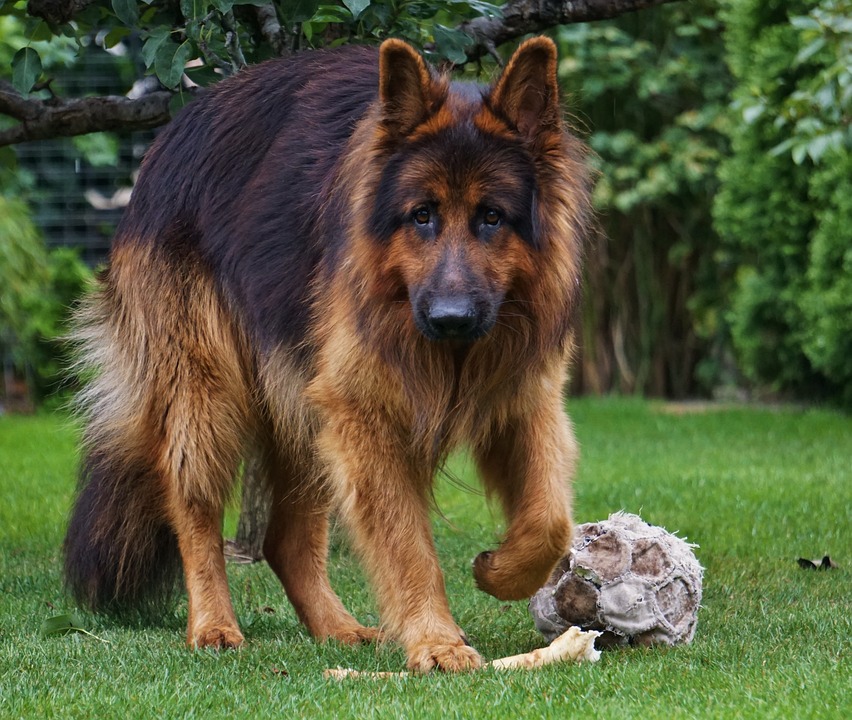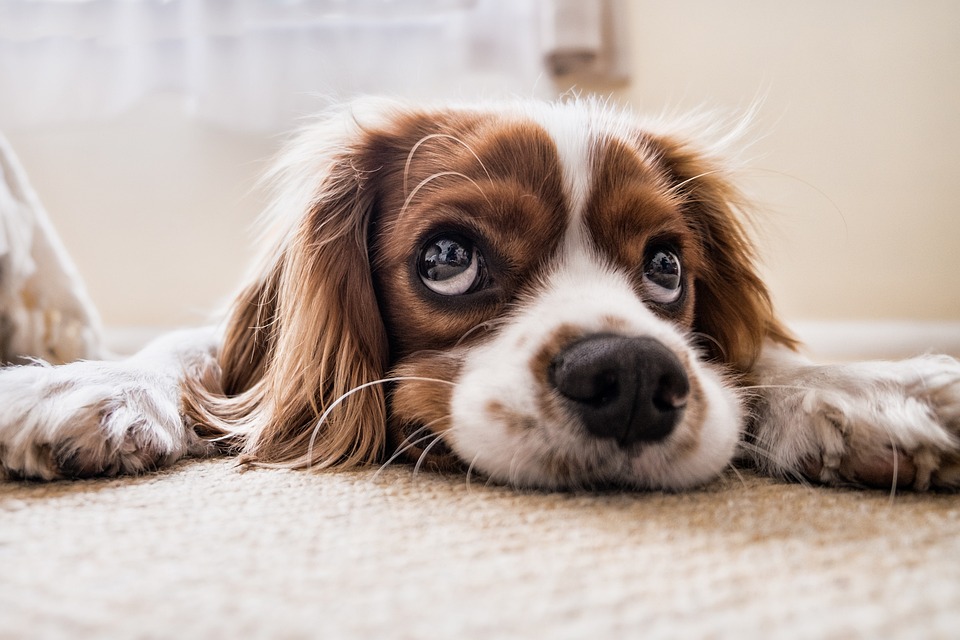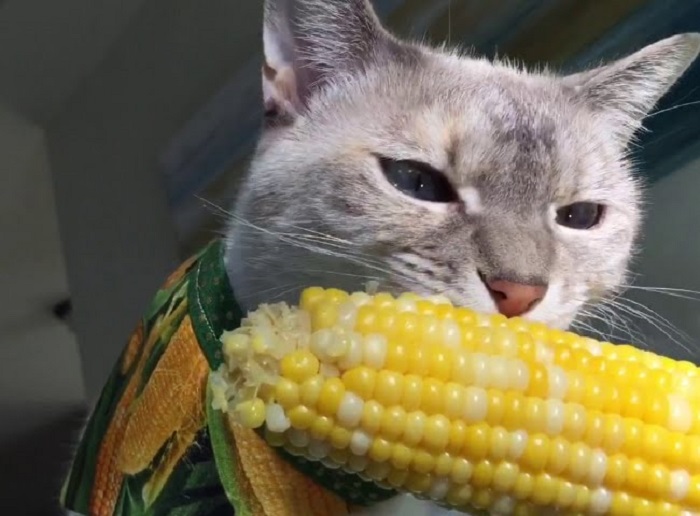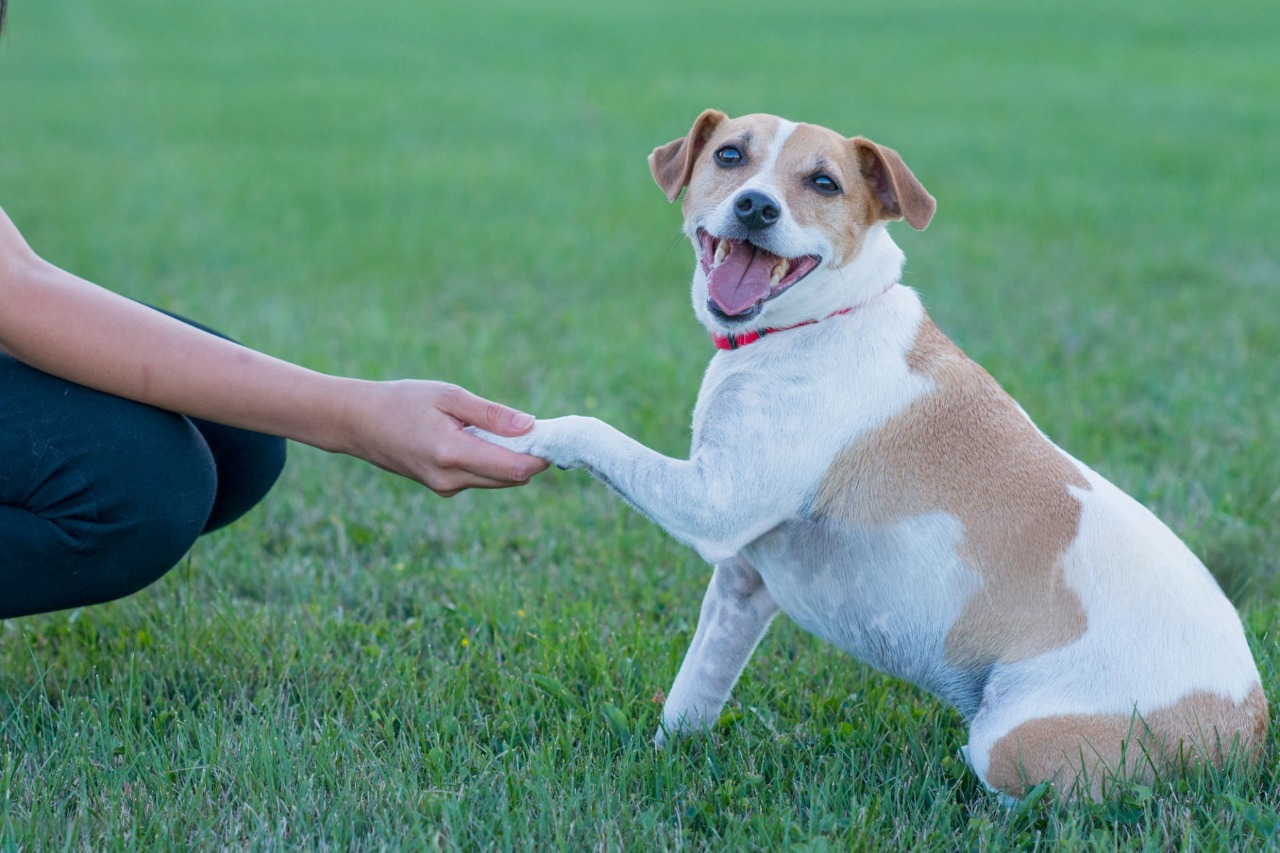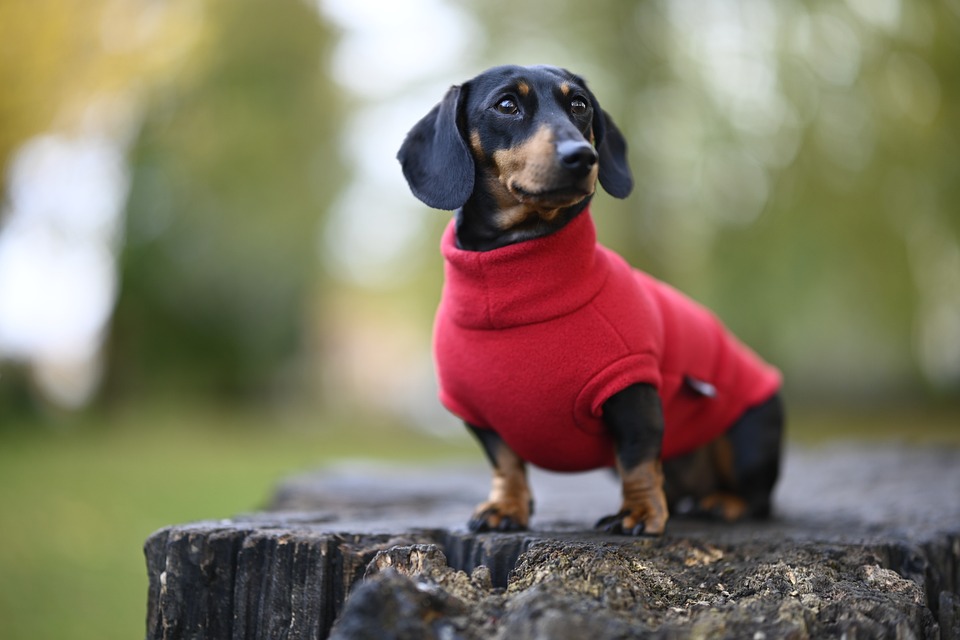How to Train an Older Dog: Tips for Teaching New Tricks
While most people associate dog training with puppies, adult dogs can also learn new tricks and commands at any age. In fact, older dogs often come with more self-control and maturity, making them easier to train than their younger counterparts. Whether you’ve recently adopted an older dog or you want to refresh the skills of your long-time pet, consistent training can keep your dog’s mind sharp and strengthen the bond between you.
Here are some tips for successfully training your older dog and teaching them new behaviors.
1. Be Patient and Give Time to Adjust
If you’ve recently adopted an older dog, be prepared for an adjustment period. Unlike puppies, adult dogs come with their own histories, which may affect their behavior or make them anxious in a new environment. It could take anywhere from a few days to a month for your dog to feel completely comfortable and secure in your home.
Patience is key. Don’t rush the training process or expect your dog to adapt immediately. Allow them time to settle in and build trust before beginning training sessions.
2. Start with Basic House Training
Even if your dog seems well-behaved, don’t assume they are fully house trained. Treat your adult dog as you would a puppy, especially if they’re new to your home. Start by crate training your dog when you’re unable to supervise them. A crate provides a safe, controlled environment where your dog can’t get into trouble.
When your dog is let out of the crate, immediately take them to the designated bathroom spot outside. If they don’t relieve themselves, return them to the crate and try again later. Adult dogs tend to have better bladder control than puppies, so house training may progress more quickly.
Choose a sturdy crate that is large enough for your dog to stand, move around, and lie down comfortably. Avoid soft-sided crates, which might not be durable enough for adult dogs, and always provide your dog with water, chew toys, and blankets for comfort.
3. Enroll in an Obedience Class
Even if your older dog has never received formal training, they can still benefit from an obedience class. Basic commands like “sit,” “stay,” “come,” and walking on a loose leash are essential for all dogs, regardless of age. An obedience class also provides a structured setting where you can practice these skills with the guidance of a professional trainer.
Additionally, obedience classes offer valuable opportunities for socialization. Your dog will interact with other dogs and people in a safe, controlled environment, which helps to reduce fear or aggression towards strangers and other pets.
4. Teaching Household Rules
When bringing an adult dog into your home, it’s important to establish boundaries and teach them the household rules from the start. For example, if you don’t want your dog jumping on guests or lying on the furniture, be consistent about reinforcing these behaviors.
A helpful training method for older dogs is Nothing in Life Is Free (NILF). With NILF, your dog must perform a behavior (like sitting or lying down) before receiving any rewards, such as food, attention, or a walk. This teaches your dog patience and self-control.
Make sure all family members are on the same page when it comes to training. Consistency is crucial, as dogs become confused when different people in the household have different rules or commands. Clear communication and consistent enforcement of house rules will make training more effective and lasting.
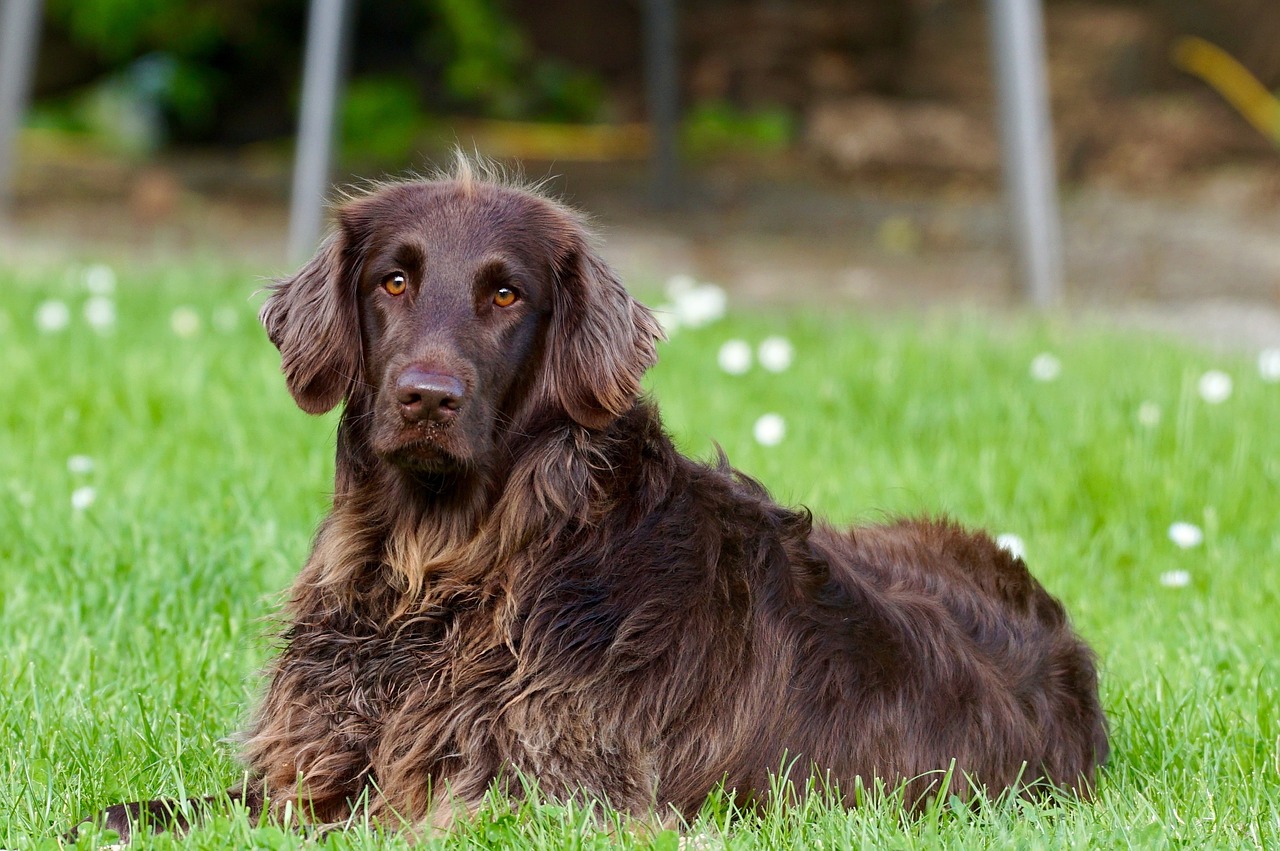
5. Positive Reinforcement is Key
Training an older dog requires patience and a positive attitude. Since you may not know your dog’s past training experiences, it’s best to use positive reinforcement methods. Praise and treats are powerful motivators for dogs of all ages. Rewarding your dog immediately after they perform the desired behavior strengthens the connection between the action and the reward.
Avoid using punishment-based methods, as they can damage your relationship with your dog and create fear or anxiety. Keep training sessions short, fun, and focused on positive interactions. This will not only help your dog learn faster but also enhance the bond you share.
6. Be Consistent and Avoid Overwhelm
While it’s great to teach your older dog new tricks, it’s important not to overwhelm them with too many commands or lengthy training sessions. Older dogs can tire more easily than puppies, so keep training sessions short and positive. Gradually build up to more complex tasks as your dog becomes more comfortable.
Consistency is critical. Practice new tricks regularly and reinforce them with praise. The more consistent you are, the quicker your dog will learn and retain the behaviors you’re teaching.
7. Address Behavioral Problems Early
Older dogs may come with some established habits, whether good or bad. If your dog has certain undesirable behaviors, such as barking excessively or chewing on furniture, it’s important to address these early. Be proactive about teaching your dog the appropriate behaviors you want to see in your home.
If you’re having trouble with specific behaviors, consider consulting with a professional dog trainer who specializes in adult dogs. They can offer advice tailored to your dog’s unique personality and needs.
Conclusion: Training an Older Dog Is a Rewarding Experience
Training an older dog may require more patience than training a puppy, but it can be just as rewarding. With consistency, positive reinforcement, and patience, your adult dog can learn new tricks, improve their behavior, and thrive in your home. Don’t forget to enjoy the process and celebrate small victories along the way!
By following these tips, you can ensure that your older dog remains mentally stimulated, well-behaved, and happy as they adjust to their new life with you.

“A blog for pet lovers” is a dedicated space where animal enthusiasts can explore tips, stories, and expert advice on pet care, training, health, and more. Whether you’re a dog person, a cat lover, or someone who adores all animals, this blog offers a warm and engaging community for you to connect, learn, and celebrate the joy of having pets…

